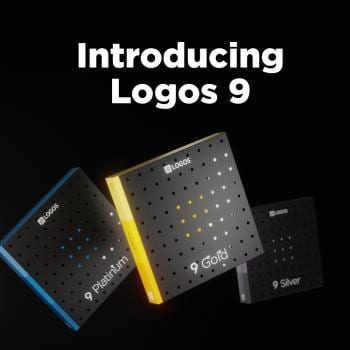Star Trek: First Contact (1996)
MOVIE SUMMARY:
The time is the 24th century and the ship is the newly-commissioned Enterprise-E. Its captain, Jean-Luc Picard, has been ordered not to interfere in a battle between a Borg Cube and ships from the Federation. However, seeing the Federation is about to lose, Picard ignore his orders and takes command of the defending fleet. With his knowledge of the Cube’s weak spot, they destroy it. However, a small part of it escapes and plots a course directly for Earth. The Enterprise chases it and enters a time distortion created by the Borg. They end up in the mid-21st century, and their only chance of stopping the Borg from assimilating Earth is to help Zefram Cochrane make his famous first faster-than-light travel to the stars.
MOVIE THEMES:
Secular Humanism and Technology
This continues the conflict between the Federation and the Borg which began in the Star Trek: The Next Generation series. The Borg were implied in the first season’s episode “The Neutral Zone”. They were later fully introduced in the second season’s “Q Who.” The crew of the Enterprise fight the Borg in the third season’s cliffhanger “The Best of Both Worlds.” The Borg, who assimilate cultures through technology become the antithesis of the secular humanistic worldview of the Federation. Technology is viewed by the Federation as a tool to make humanity better. In contrast, the Borg show the dangers of letting technology take over your life. These cybernetic beings reveal the dangers of dependence upon technology. The film predicted the dangers of technology and humanity. Since the film’s premiere, we have been introduced to technological advances like the internet, Google, social media websites like Facebook, and the iPhone and the iPad. We have been overrun by the technology we have now in our lives. As a society, we are very dependent upon our computers, laptops, smartphones, and other intelligent devices.
The Bible teaches that ultimately, human technology will not save humanity. The only one who can save us from our problem of sin is Jesus Christ and His work on the cross (Ephesians 1:7, Romans 5:8).
Who Brings About Peace and Prosperity?
The crew of the Enterprise explain that first contact with the Vulcans brings about an era of peace and prosperity. Poverty will be eliminated. This secular humanistic worldview contends that contact with aliens brings about humanity’s salvation. The Bible teaches that the world will get worse before it gets better. Only the return of Jesus Christ will bring about the real first contact between heaven and earth. He will return to rule and reign. The world will submit to Jesus Christ as He will bring peace and prosperity to the entire planet (Revelation 20:4).
QUESTIONS:
- How has technology helped make life on Earth easier? How has it made us more dependent upon devices?
- How can we continue to depend upon God, when our world shows that we have the technology to help us become better?
- Secular humanism teaches that technology will help us be better people? What does the Bible say about this?
- How can I share the Gospel with someone who believes that technology will make life better?













